News
Gachagua: Justice for Albert Ojwang Must Begin with Suspension of Eliud Lagat
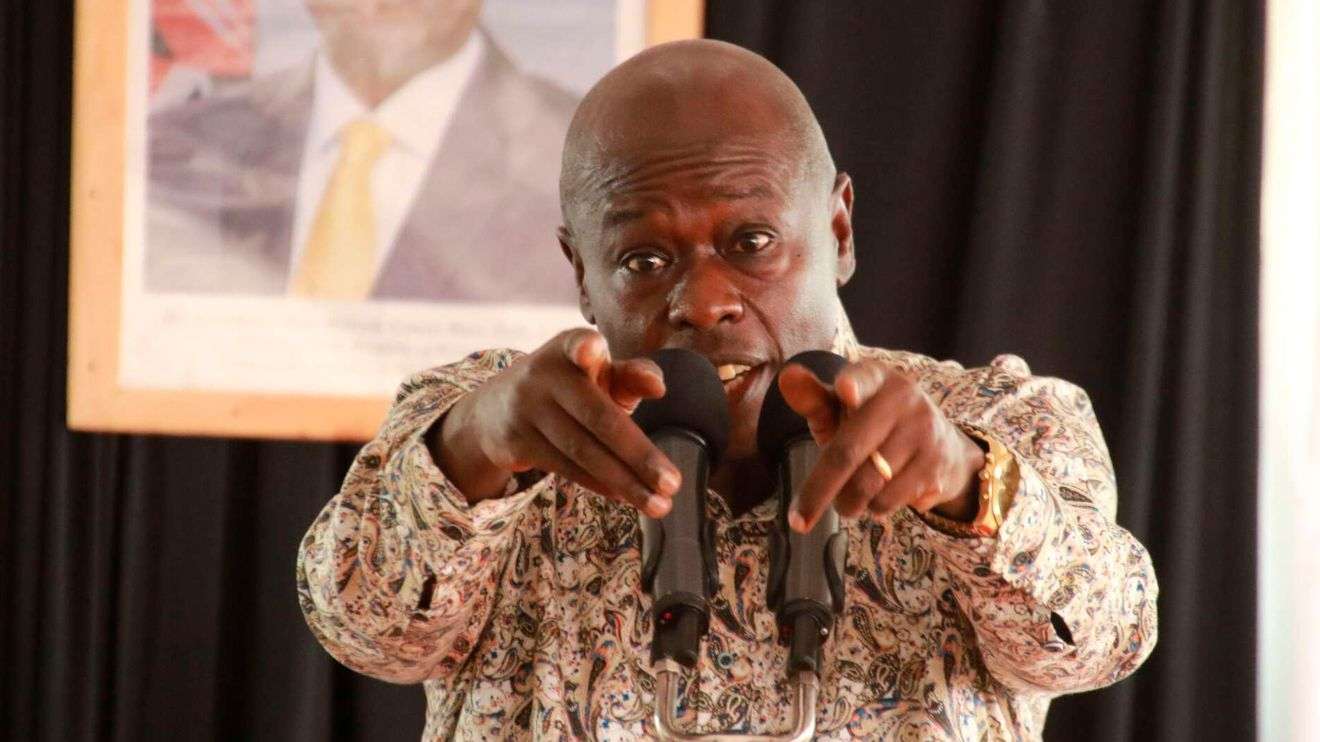
Albert Ojwang, a rising social media voice from Homa Bay, died in police custody under suspicious circumstances. His death has sent shockwaves across Kenya, igniting public anger and demands for justice.
Former Deputy President Rigathi Gachagua has now stepped forward, pointing a direct finger at Deputy Inspector General of Police Eliud Lagat. Gachagua claims that Lagat personally orchestrated Ojwang’s arrest and oversaw the conditions that led to his death.
The former DP is calling for the immediate suspension of Langat to allow for a clean, independent investigation. Kenyans are now asking, Who is protecting the killers?
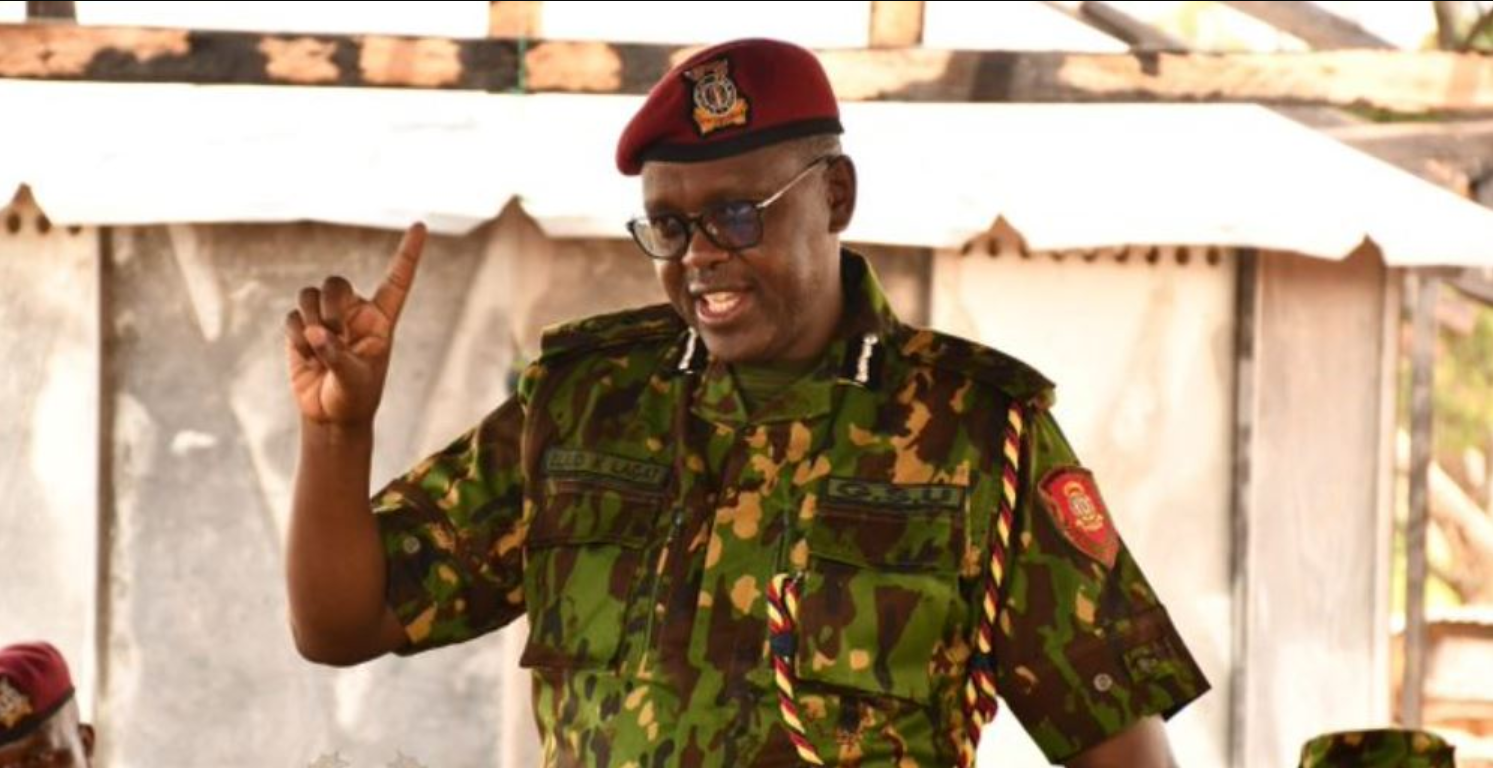
Suspending Lagat is not about politics—it is about justice, accountability, and protecting every Kenyan’s right to speak freely without fear of torture or death. The question now is whether the government has the courage to act. [Photo: Courtesy]
Gachagua Demands Accountability from Eliud Lagat
Former Deputy President Rigathi Gachagua broke his silence on Monday, June 9, in a strongly worded statement that blamed Eliud Lagat for the tragic death of Albert Ojwang.
According to Gachagua, the Deputy IG ordered the arrest of Ojwang on Saturday, June 7, allegedly for a “fair comment” he made about Langat on social media. Ojwang was picked up in Homa Bay and transferred hundreds of kilometers away to the Central Police Station in Nairobi, where he died the next day under murky circumstances.
Gachagua alleges that Lagat has turned the Central and Kamukunji Police Stations into “new torture chambers”, operating them in secrecy without the knowledge of Inspector General Douglas Kanja. The former DP’s claims suggest a deep, unauthorized power structure within the police force—one that Gachagua insists must be dismantled starting with Langat’s suspension.
“Eliud Langat must take full responsibility,” Gachagua declared. “He is not only the complainant in this case but also the architect of the crackdown on youth voices. This is not law enforcement—it is suppression.”
He further claimed that Langat’s direct involvement in Ojwang’s arrest compromises any ongoing investigation. Suspending him, Gachagua argued, is the first step toward a credible inquiry.
Who Is Eliud Lagat, and Why Are Kenyans Demanding His Suspension?
Eliud Langat holds one of the highest-ranking positions in the National Police Service. As Deputy Inspector General, he wields immense power over policing operations nationwide. But according to Gachagua, Langat has overstepped his mandate and taken control of specific police stations for personal vendettas.
The tipping point came when Ojwang, a vocal Gen Z activist and social media personality, made online remarks criticizing Langat. Gachagua says this led to a swift and unlawful arrest, ordered personally by the Deputy IG.
That same weekend, Ojwang died while in custody. The police initially claimed he hit his head on a wall, a narrative that has sparked widespread skepticism and outrage.
Gachagua’s accusations paint a picture of a top officer who runs rogue operations shielded from oversight. If true, this undermines the integrity of Kenya’s entire law enforcement system.
Adding to the gravity of the matter, Inspector General Douglas Kanja has already taken action. On June 9, Kanja announced the dismissal of the Officer Commanding Station at Central Police Station and interdicted all officers on duty the night Ojwang died. IPOA has launched a parallel investigation, with NPS pledging full cooperation.
However, critics argue that these steps are not enough. “How can a fair investigation take place when the man at the top is still in office?” one Twitter user asked, echoing calls made by Gachagua and the public alike.
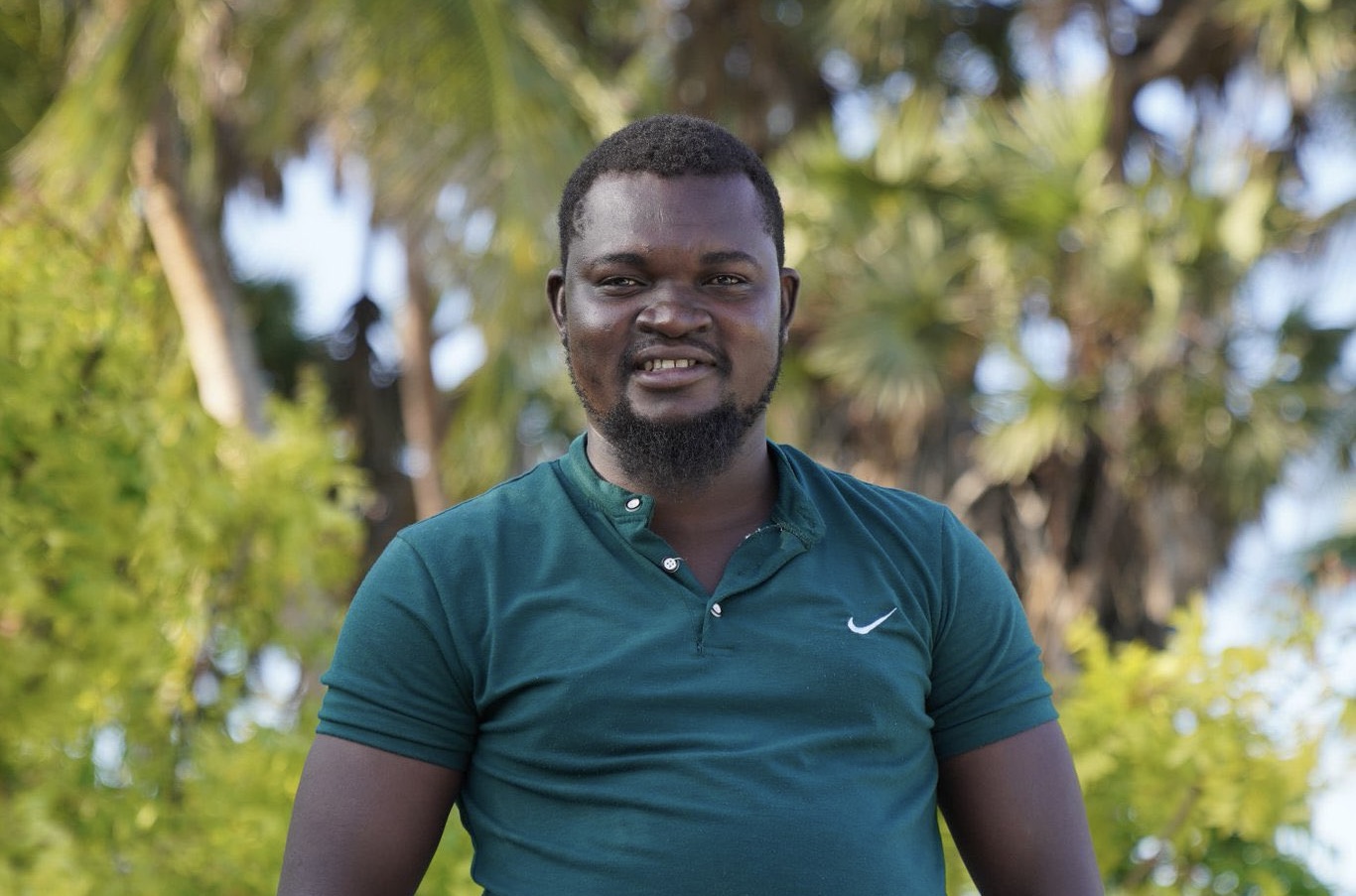
The tragic death of Albert Ojwang has exposed dangerous cracks within the police system. Former Deputy President Gachagua’s allegations against Eliud Langat are serious and must not be ignored. [Photo: Courtesy]
Public Outcry Grows After Ojwang’s Death in Custody
The death of Albert Ojwang has struck a nerve, especially among Kenya’s young and vocal Gen Z population. Thousands have taken to social media to demand justice, with hashtags calling for accountability from the National Police Service and, specifically, Eliud Langat.
Gachagua’s statement has amplified those voices. “To the family of Albert, the people of Homa Bay, and all freedom-loving Kenyans—I stand with you,” he said. “Let this death not be in vain.”
For many, Ojwang’s death symbolizes a larger issue: the shrinking space for free speech in Kenya. Social media, once a tool of empowerment for young people, is increasingly being monitored and weaponized by those in power.
Langat, who gave a speech just months ago pledging to protect human rights, now finds himself at the center of a growing scandal. Activists, politicians, and ordinary Kenyans say his continued presence in office undermines any hope for a transparent investigation.
IPOA’s investigation may take time, but for the public, the demand is clear: Langat must step aside immediately.
Kenya Insights allows guest blogging, if you want to be published on Kenya’s most authoritative and accurate blog, have an expose, news TIPS, story angles, human interest stories, drop us an email on [email protected] or via Telegram
-

 Grapevine2 weeks ago
Grapevine2 weeks agoA UN Director Based in Nairobi Was Deep in an Intimate Friendship With Epstein — He Even Sent Her a Sex Toy
-
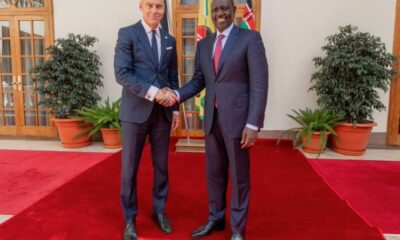
 Development3 days ago
Development3 days agoKenya Strips Dutch Climate Body of Diplomatic Immunity Amid Donor Fraud Scandal and Allegations of Executive Capture
-

 Investigations1 week ago
Investigations1 week agoHow Mexico Drug Lord’s Girlfriend Gave Him Away
-

 Business2 weeks ago
Business2 weeks agoSafaricom Faces Avalanche of Lawsuits Over Data Privacy as Acquitted Student Demands Sh200mn Compensation in 48 Hours
-
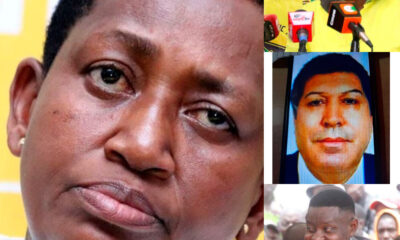
 Investigations1 week ago
Investigations1 week agoHow Close Ruto Allies Make Billions From Affordable Housing Deals
-

 Entertainment2 weeks ago
Entertainment2 weeks agoKRA Comes for Kenyan Prince After He Casually Counted Millions on Camera
-
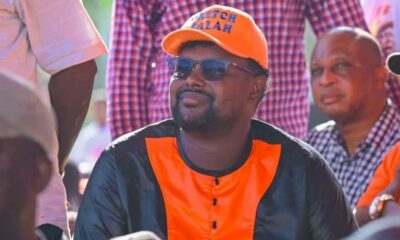
 Politics2 weeks ago
Politics2 weeks agoI Personally Paid For Your Ticket To Visit Raila in India, Oketch Salah Silences Ruth Odinga After Claiming She Barely Knew Him
-

 Business1 week ago
Business1 week agoAmerican Investor Claims He Was Scammed Sh225 Million in 88 Nairobi Real Estate Deal



















